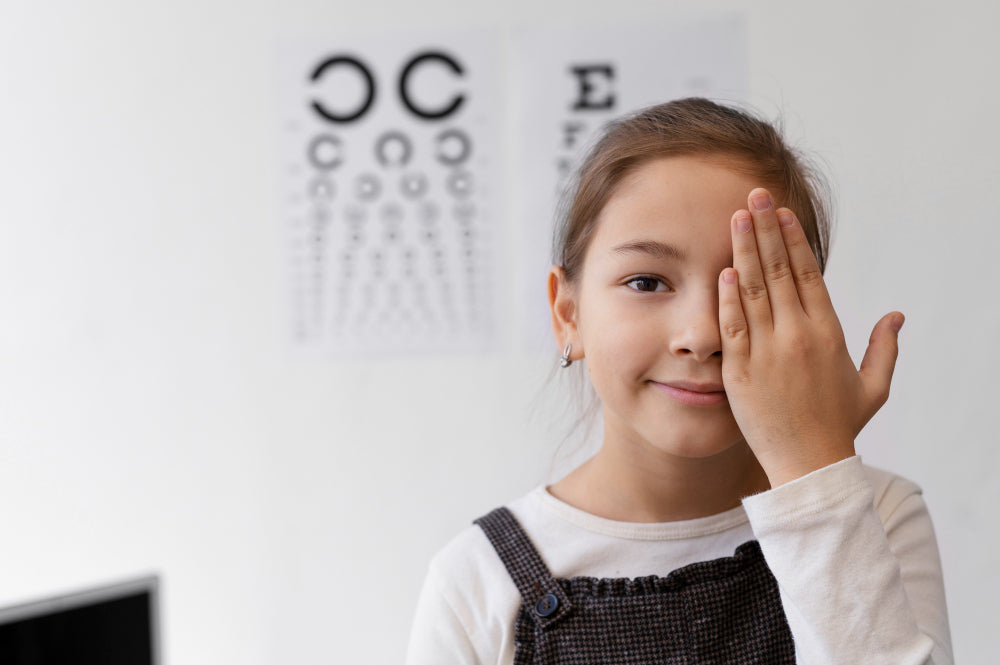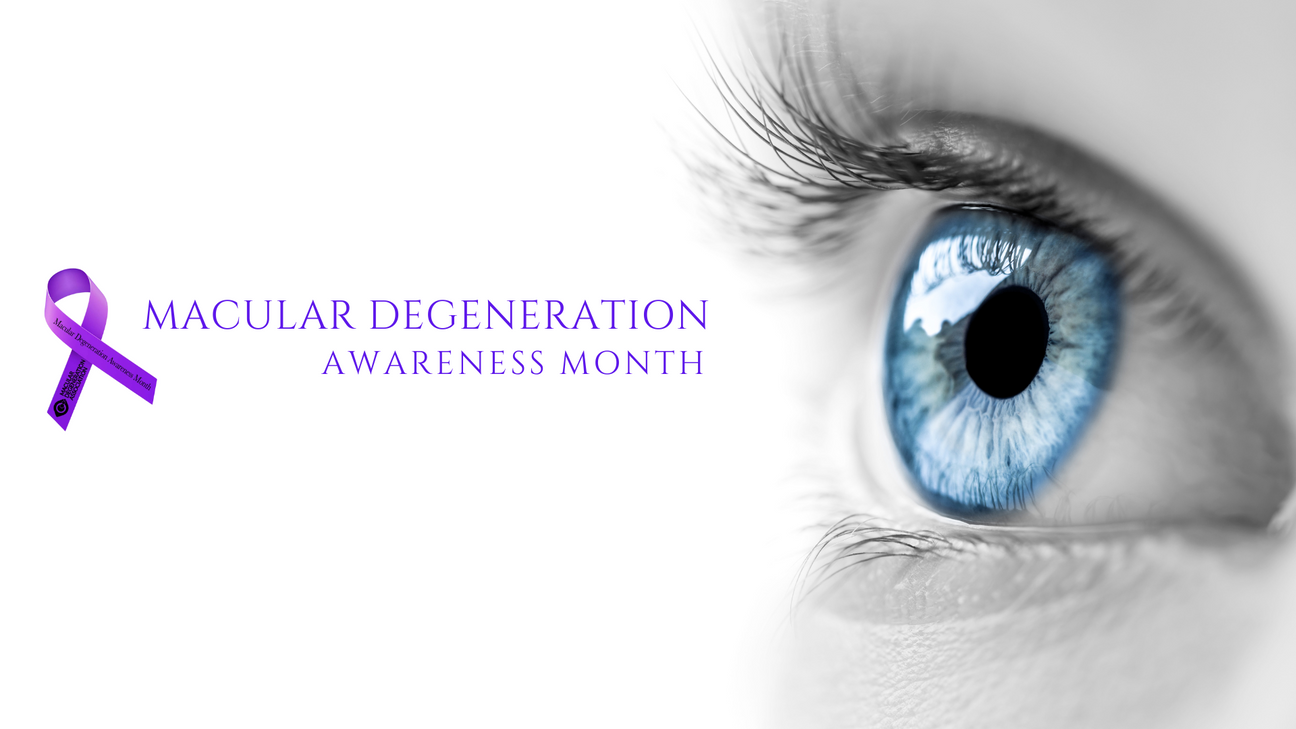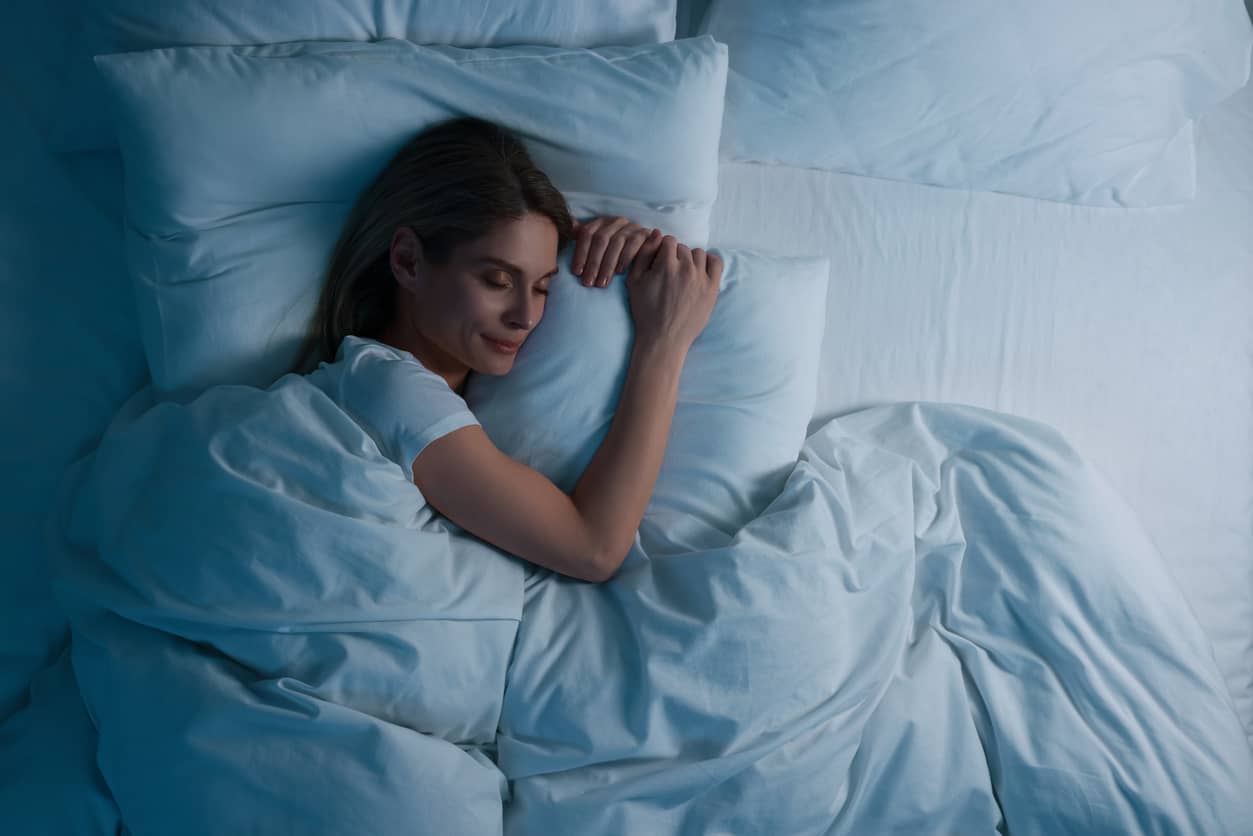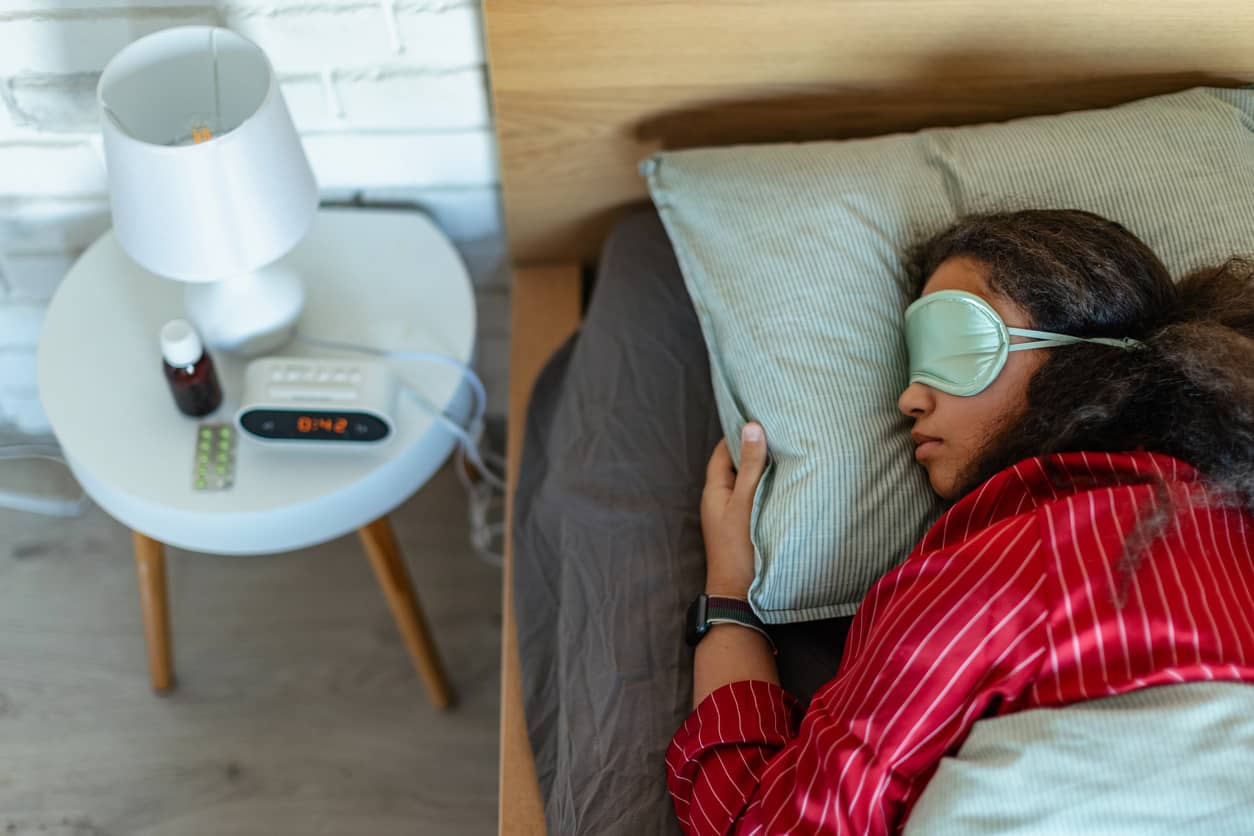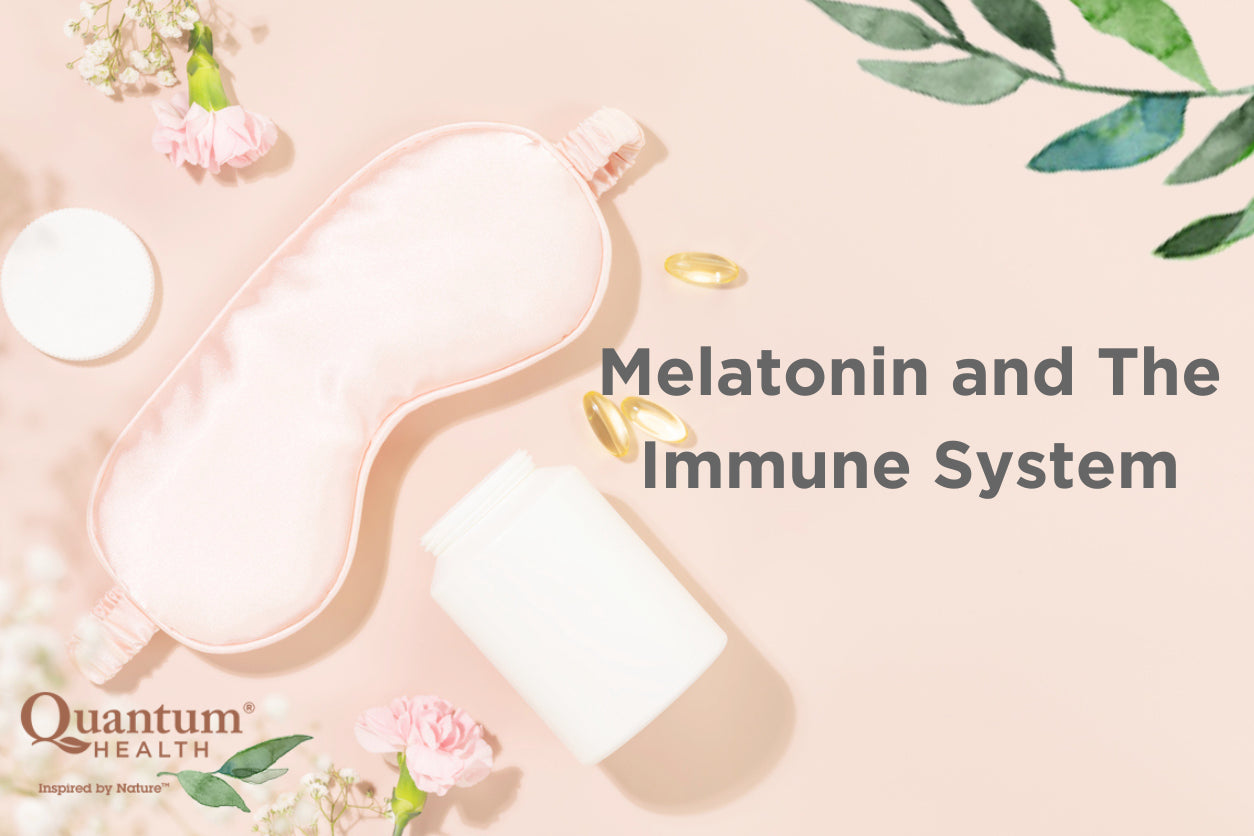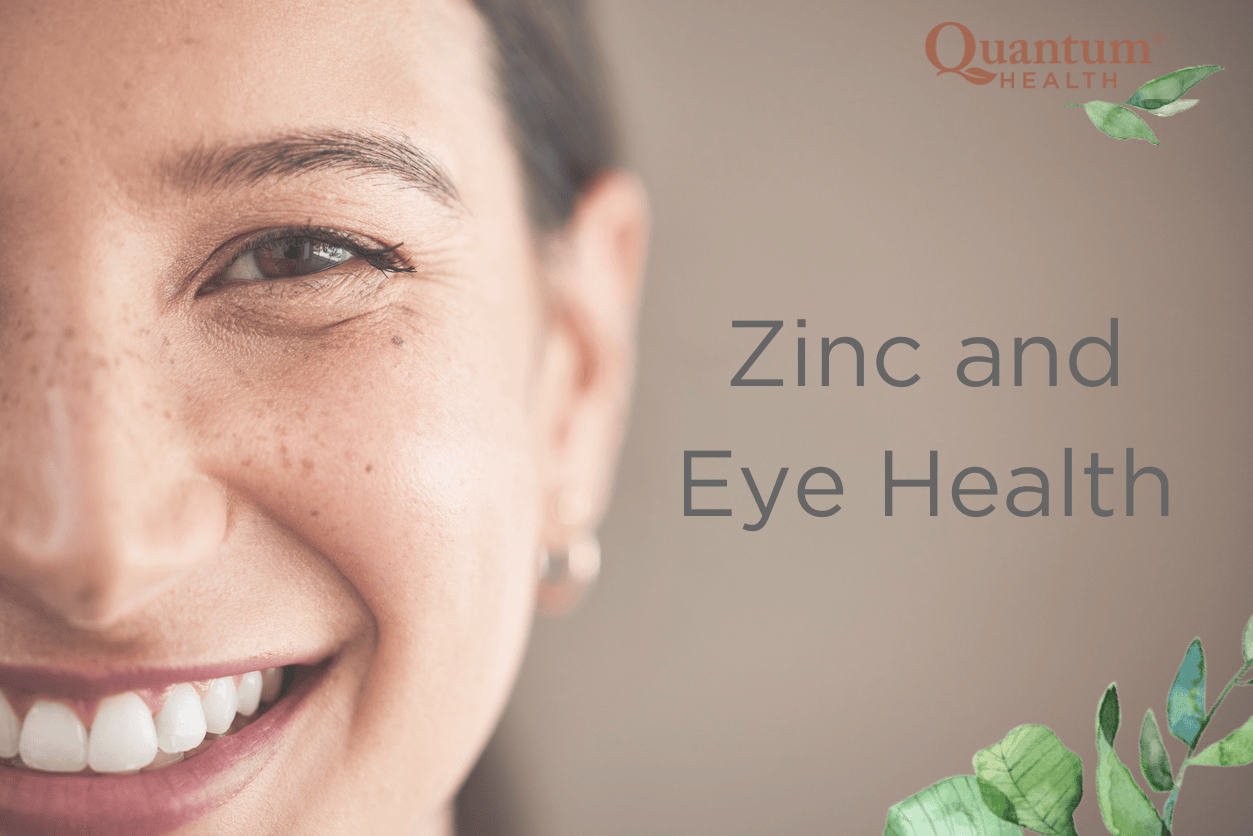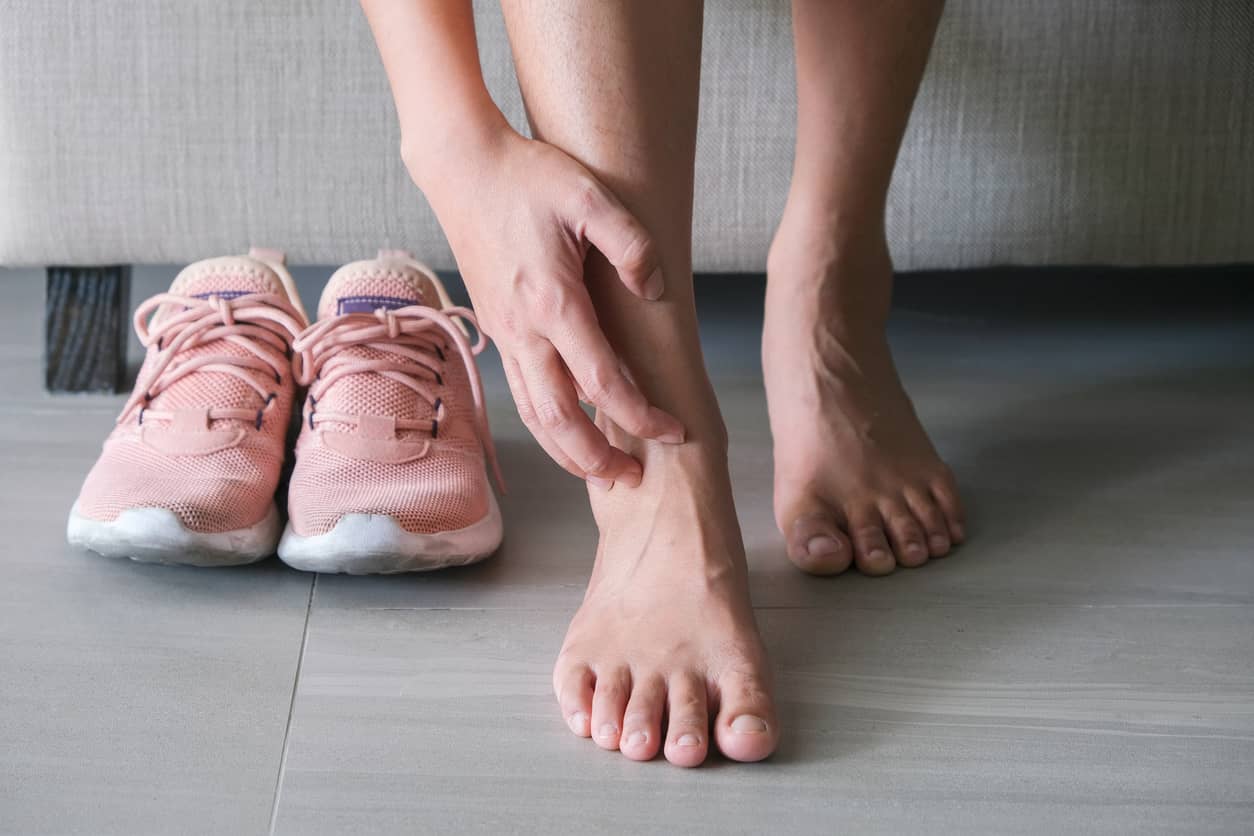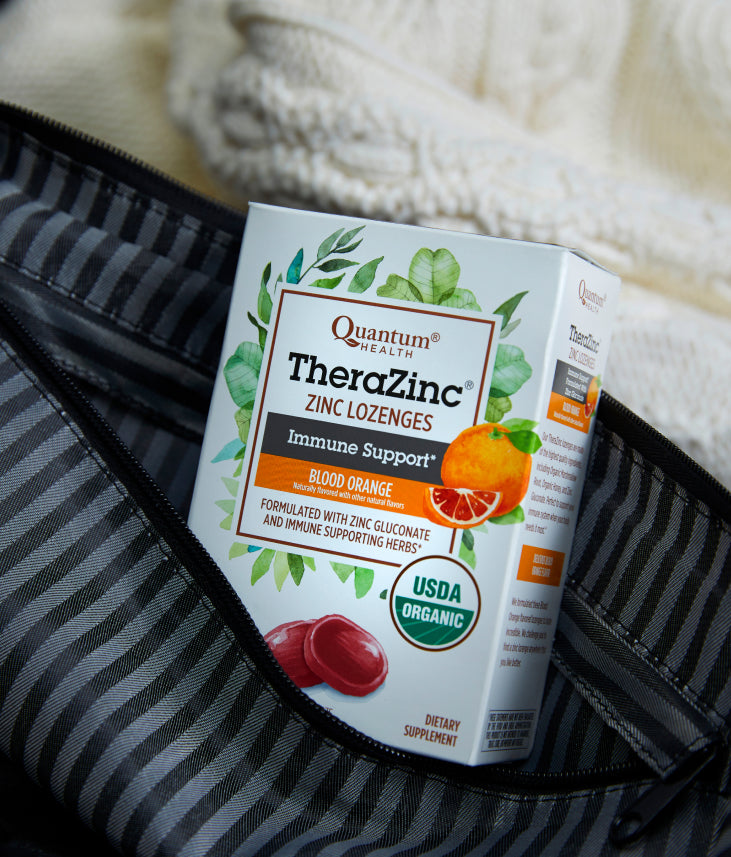A Guide For Taking Care of Your Eyes

Of the five senses, sight ranks first in importance based on numerous studies and surveys. In fact, a 2019 study revealed that respondents rate sight loss as a greater concern than Alzheimer's, loss of speech or hearing, or serious chronic health conditions.
Diet and Exercise Play Key Roles in Eye Health
With eyes playing such an important role, eye health care demands attention. The perpetual advice of eating a healthy diet applies to the eyes just as it does to the general body. Vitamins A, C, E, B6, B9, B12, zinc, and Omega fatty acids enhance eye health and can be found in foods like salmon, sweet potatoes, dark leafy greens, seeds, nuts, and peppers. Another benefit of eating a healthy diet lies in controlling weight, which keeps blood pressure manageable, helping to prevent heart attacks and strokes.
Practicing a healthy diet needs the companion of regular exercise for strong eye health and general well-being. A 2020 study revealed that people who exercised regularly were 25 percent less likely to develop glaucoma. The same study suggests that regular exercise may stave off macular degeneration.
Protection From UV Rays
Although many people wear sunglasses for the cool factor, reaching for shades on your way out the door should be part of your regular routine. Sunglasses protect the eyes from harmful ultraviolet rays that can affect the eyelid, cornea, lens, and retina. Look for styles that have 100% UV protection and offer polarization to reduce glare. A fact that may surprise most people? Sunglasses should be worn year-round, regardless of the weather.
Avoiding Eye Strain
One eyecare staple we're all familiar with comes from experience: wear your prescription glasses to avoid straining your eyes. Squinting without your specs means you'll pay for it with fatigued eyes hours later. However, more serious problems can potentially result from not wearing your prescribed glasses. When you wear glasses, you ensure that your retina receives a clear image, which promotes healthy eye development. In contrast, not wearing prescribed lenses can exacerbate eye problems.
Cleanliness and Healthy Eyes
With a renewed commitment to hygiene over the last few years, we've all become better about frequent hand washing, but we still have room to improve. "Pink eye," or non-purulent conjunctivitis, spreads easily through skin-to-eye contact and can be avoided through hand washing.
The Rules for Screen Time
In today's world, an important eye health tip to keep in mind involves screen time. To help keep your eyes healthy, practice these smart guidelines:
- Use the 20-20-20 Rule: every 20 minutes, look at something 20 feet away for 20 seconds. This will give your eye muscles a rest.
- Position your computer screen 16 to 30 inches away from your eyes with the top level or slightly below your line of vision.
- Tilt the monitor slightly away from you at a 10 to 20-degree angle.
- Make sure there are no distracting reflections like those from a window.
- Choose an easy-to-read font, and be sure to make the font big enough that you can see it clearly.
- When using a document holder for reference material, place it beside the screen the same distance away as the monitor. This will allow your eyes to stay focused as they travel back and forth from the document to the screen.
By following these guidelines, you can keep your eyes healthy. However, because consuming every vitamin and mineral needed for maximum eye health proves an impossible feat for most of us, supplementing your diet with vitamins specially designed for eye health can provide peace of mind. By taking care of your eyes now, your future will be so bright you'll have to wear shades.
Share
Your share can inspire countless others.










